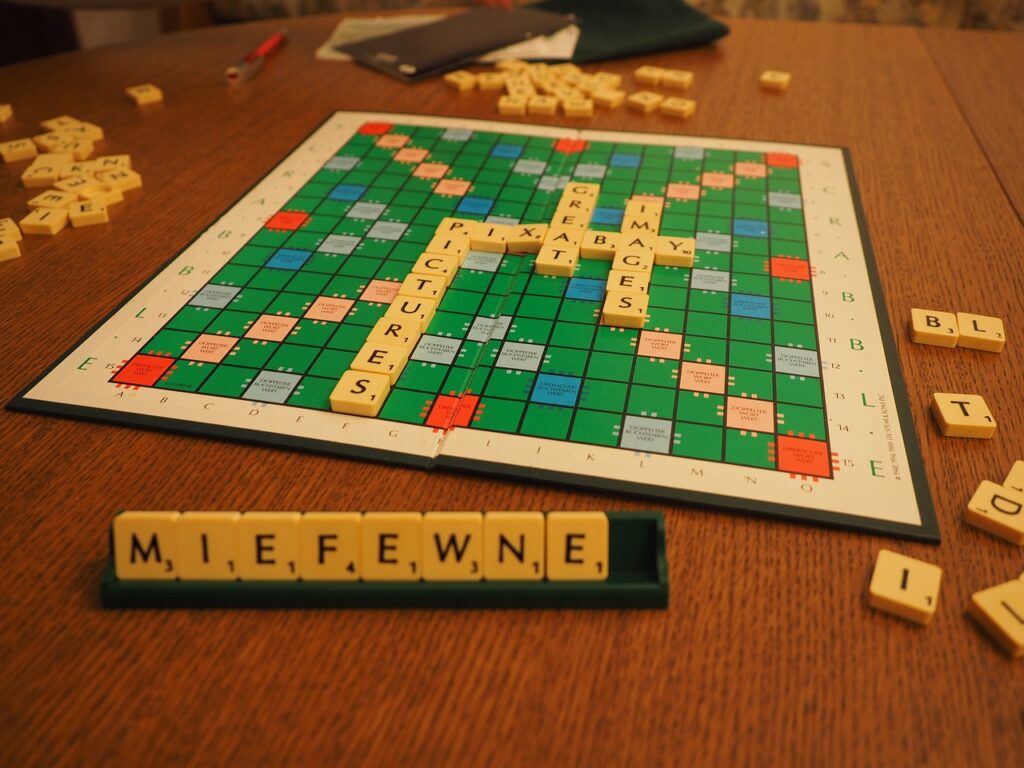The Rise of Competitive Gaming
Competitive gaming, also known as esports, has experienced rapid growth in recent years. What was once considered a niche hobby has now evolved into a multibillion dollar industry, with professional gamers competing for cash prizes in front of massive online and live audiences.
What is a Gamer?
A gamer is someone who enjoys playing video games as a form of entertainment. They may play casually or competitively, but their primary goal is to have fun and relax while playing their favorite games. Gamers can range from casual players who enjoy solo experiences to hardcore enthusiasts who spend hours mastering complex strategies.
What is a Player in Esports?
On the other hand, a player in esports is someone who competes in organized, competitive gaming events. These players train rigorously to improve their skills, strategize with teammates, and compete for prizes and recognition in professional tournaments. Unlike casual gamers, esports players approach gaming with a high level of dedication and discipline.
The Difference Between Gamer and Player in Esports
The key difference between a gamer and a player in the world of esports lies in their approach to gaming. While both enjoy playing video games, gamers do so for recreational purposes, while players in esports treat gaming as a competitive sport. Esports players invest time and effort into honing their skills, studying game mechanics, and collaborating with teammates to achieve success in tournaments.
The Competitive Gaming Environment
Competitive gaming is a unique environment that demands a high level of skill, teamwork, and strategy. Esports players must constantly adapt to new challenges, stay updated on the latest game updates, and maintain peak performance under pressure. In addition to honing their individual skills, players in esports must also communicate effectively with teammates, analyze opponents’ strategies, and make splitsecond decisions during intense gameplay.
The Future of Competitive Gaming
As competitive gaming continues to grow in popularity, the line between casual gamers and esports players is becoming increasingly blurred. More and more gamers are transitioning into the world of competitive gaming, drawn by the allure of professional tournaments, lucrative sponsorships, and global recognition. With advancements in technology and streaming platforms, competitive gaming is poised to become a mainstream form of entertainment, attracting millions of viewers worldwide.
Conclusion
In conclusion, the distinction between a gamer and a player in the world of esports is clear: while gamers play for fun and relaxation, esports players compete at a professional level, treating gaming as a serious sport. As competitive gaming continues to thrive, it is important for enthusiasts to understand and appreciate the dedication, skill, and passion that esports players bring to the virtual arena. Whether you are a casual gamer or a budding esports professional, one thing is certain: the future of competitive gaming is bright and full of potential.


 Margarita Ventura
Senior Sports Betting Analyst
Margarita Ventura is a seasoned sports betting analyst with an impressive track record of success in the field. Known for her sharp analytical mind and meticulous attention to detail, Margarita combines her deep knowledge of sports with advanced statistical techniques to provide readers with reliable, data-backed betting strategies. Her background in sports psychology and analytics allows her to decode trends and offer unique perspectives on betting odds, player performance, and game outcomes. Margarita’s articles have become essential reading for anyone interested in maximizing their sports betting outcomes. At Pro Gamble Genius, she is dedicated to helping readers make educated bets, whether they're new to sports betting or seasoned pros. Margarita’s insights not only enhance readers' understanding of sports betting but also empower them to make confident, calculated wagers.
Margarita Ventura
Senior Sports Betting Analyst
Margarita Ventura is a seasoned sports betting analyst with an impressive track record of success in the field. Known for her sharp analytical mind and meticulous attention to detail, Margarita combines her deep knowledge of sports with advanced statistical techniques to provide readers with reliable, data-backed betting strategies. Her background in sports psychology and analytics allows her to decode trends and offer unique perspectives on betting odds, player performance, and game outcomes. Margarita’s articles have become essential reading for anyone interested in maximizing their sports betting outcomes. At Pro Gamble Genius, she is dedicated to helping readers make educated bets, whether they're new to sports betting or seasoned pros. Margarita’s insights not only enhance readers' understanding of sports betting but also empower them to make confident, calculated wagers.
